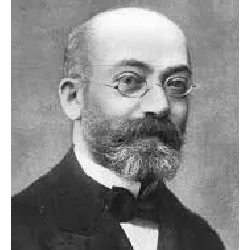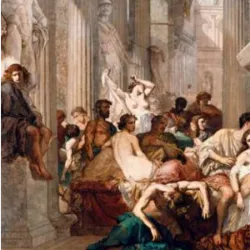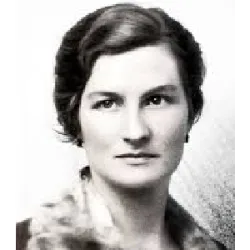Literature as a Mirror of Reality

Naturalism was a literary movement from the late 19th century that expanded on the ideas of Realism, exploring themes such as determinism, environmental influences and human instincts. Naturalist writers sought to portray society in a scientific way, emphasizing human behavior as a result of heredity and social environment. Their works addressed themes such as poverty, crime, alcoholism and class struggle, often with a critical and descriptive tone.
In European literature, the main name was Émile Zola, author of Germinal, which denounced the precarious conditions of workers in coal mines. In Brazil, Naturalism had a great impact with Aluísio Azevedo, author of O Cortiço, who portrayed social degradation and the primitive instincts of characters in an oppressive environment. Other notable writers include Raul Pompeia, with O Ateneu, and Adolfo Caminha, with Bom-Crioulo.
The historical context of Naturalism was marked by the advance of the Industrial Revolution, the growth of cities and the strengthening of scientific thought, influenced by Charles Darwin and his theory of evolution. The movement broke with romantic idealization and brought to light a more raw and analytical vision of society.
Did you know?












